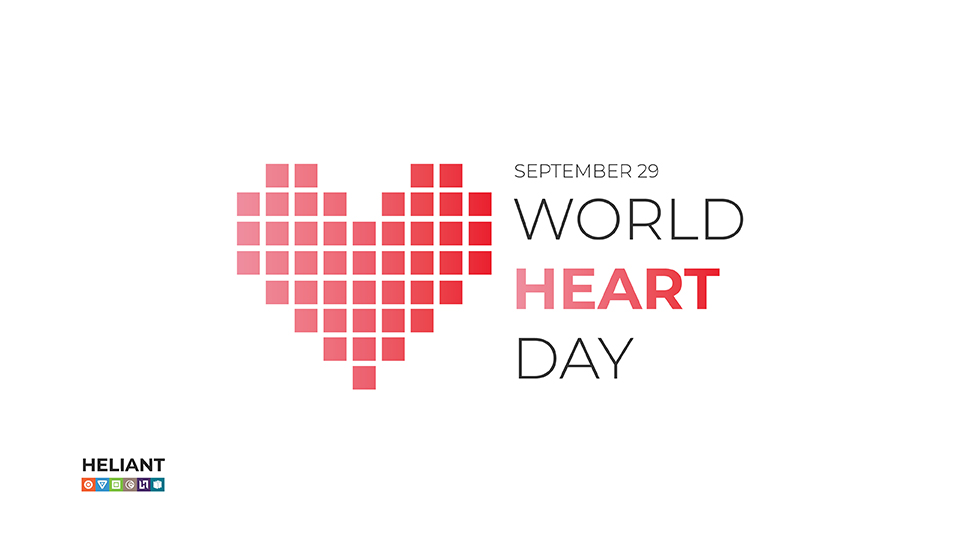World Heart Day, celebrated on September 29, aims at informing people around the world about heart and blood vessel diseases, as well as raising awareness of the importance of their prevention. The World Heart Federation points out the negative impact of smoking, improper diet and physical inactivity as the main factors in the mechanism of the disease occurrence. The fact that annually more than 50,000 people in Serbia lose their lives as a result of heart disease is alarming.
The company “Heliant” has developed a “catheterization laboratory (cath lab) module” for the needs of the Clinic for Cardiology of the University Clinical Centre of Serbia (UKCS), which covers all cardiologists’ needs in their professional work. The project was supported by the company “AstraZeneca”, without whose support the implementation of this project would not be possible.
The Cath Lab Module has been developed based on the specifications of top experts in the field of cardiology, professors and doctors of the Clinic for Cardiology, to whom we show our high appreciation and gratitude on this occasion.
Owing to the module, cardiologists have the opportunity to systematically enter the necessary data about the patient, the material used and the procedure they perform, as well as to generate a report at the end of the process, which is why the reports generated in the “Cath lab Module” are now uniform. This functionality of automatic report generation facilitates the process of transferring the knowledge of experienced colleagues to young specialists.
In broad terms, the cath lab module represents a unique database and archive for each individual patient. A physician is enabled to extract statistical data by using the functionality for selecting the character of the procedure he/she performs. The module facilitates work through the systematization of the process flow, shaping future questions based on the given answers.
The company “Heliant” has recognized the time as an important factor in the work of healthcare professionals. The Cath Lab Module contains more than 2400 input fields, which classify it among the highly structured products. The data entered into the Heliant Information System is directly “reflected” into the “Cath Lab Module” where necessary. This solution saves healthcare professionals’ time resources by having to make fewer clicks and by enabling additional cognitive focus.
The user interface includes visual elements that facilitate data entry through a complex system of modules.
By implementing this project, “Heliant” has shown its readiness to respond to the needs and complex requirements of its users with its services and in that way contribute to the treatment of heart disease.
